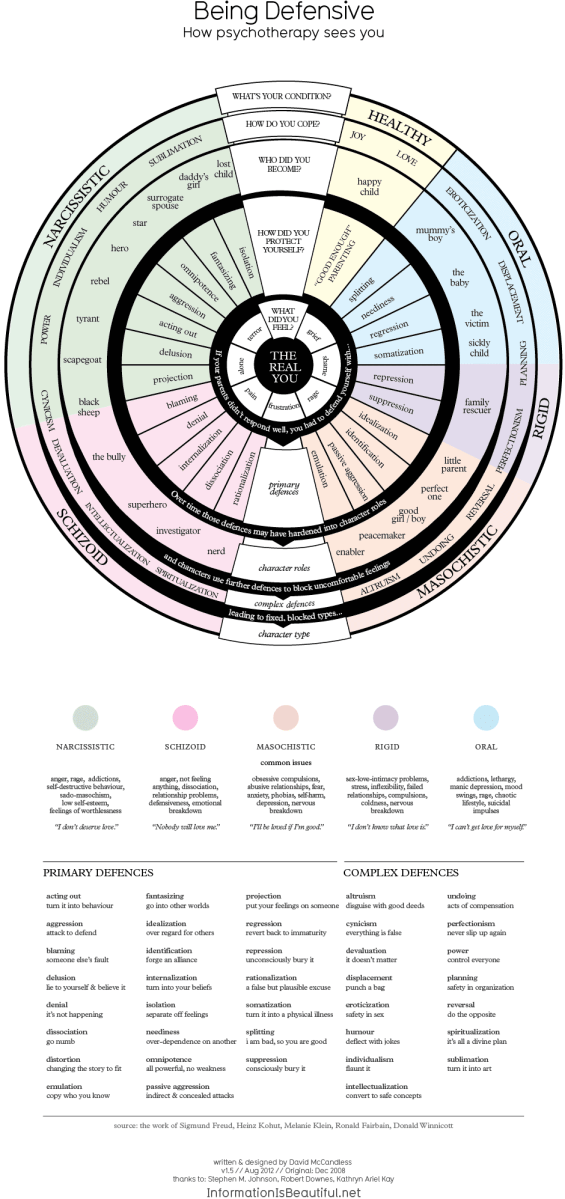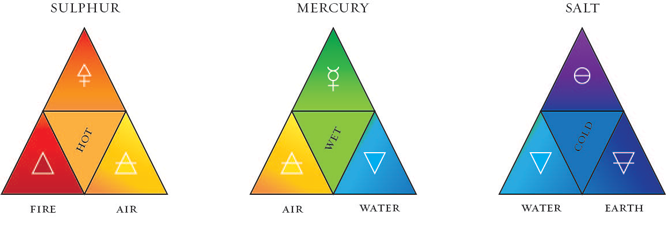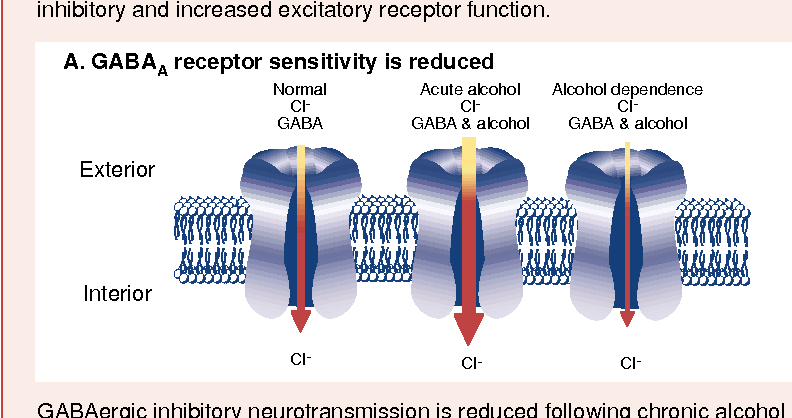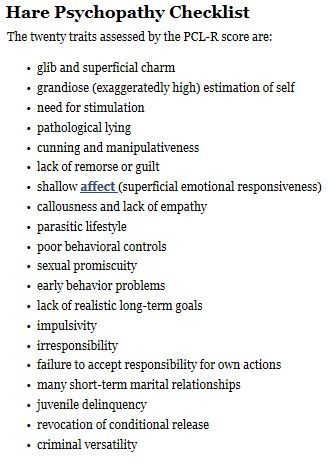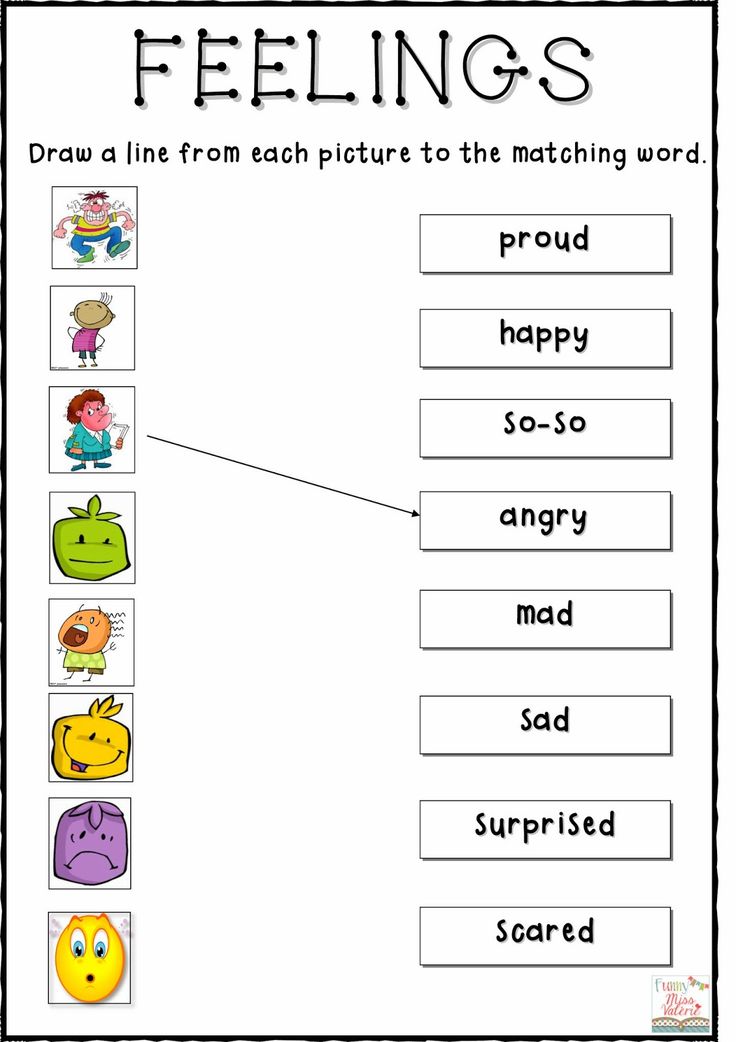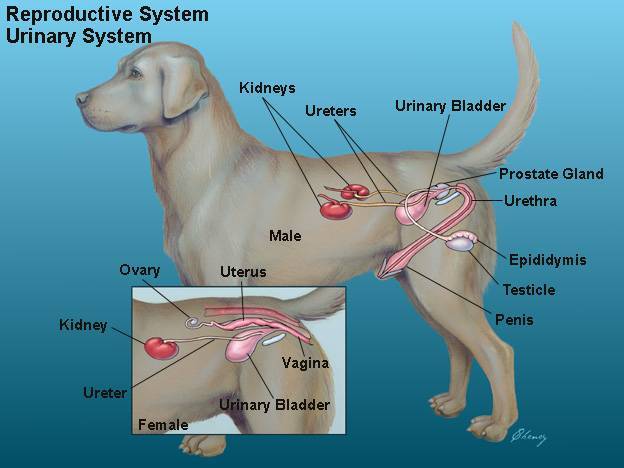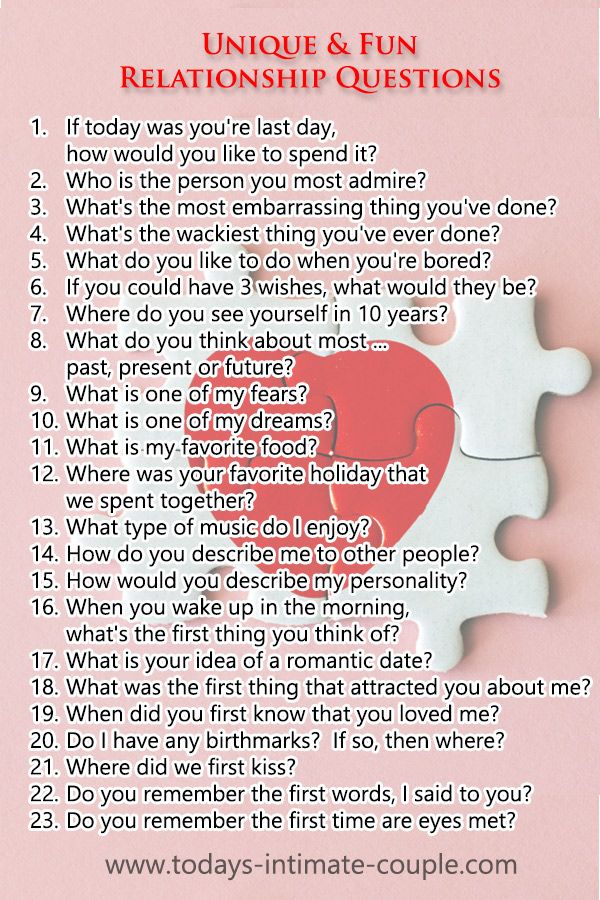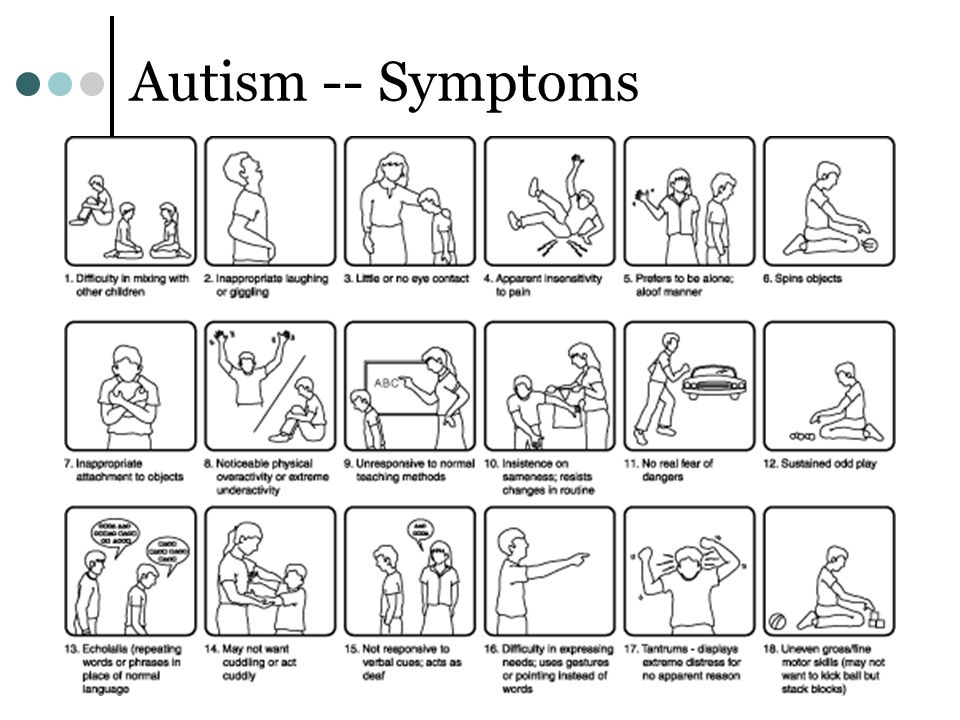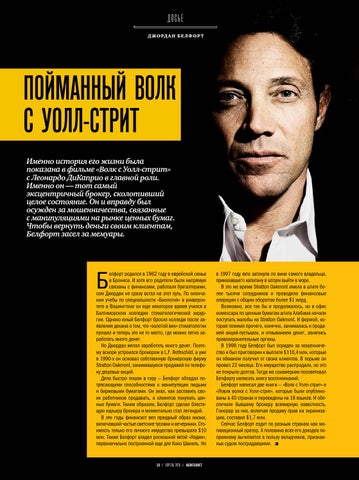Turn off your feelings
How To Turn Off Your Emotions
Have you ever wondered how to turn off your emotions?
I know I have. Not all of them, mind you, just the ones I really don’t like feeling! But when asking God to turn them off I learned something that made me pause. I learned how emotions serve us.
They are our internal alarm system that signals to us when something is happening. They motivate and inspire us to take action. They help us connect with others as well as communicate our wants and needs.
As uncomfortable as they are to feel sometimes, emotions are not only vital to our survival, but to our pursuit of the abundant life that God has for us.
So how do you and I deal with painful emotions?
When we are in pain, we often look for a quick fix and find ways to turn off our emotions.
These come in the form of distractions: drugs, hyperfocus on work, overeating, pornography, exercise, volunteer work, etc. Some of these distractions are not bad in and of themselves. However, the consequence of using these distractions too often or for too long is to experience even more intense, prolonged pain.
Turning off emotions without digging into what led you to experience them in the first place is treating the emotions like they are the issue when they are not. The real issue remains unmanaged because we numbed ourselves to our internal alarm system.
The true problem gets bigger, louder, and more intense until we cannot ignore it anymore.
Do you want to know a better way to “turn off your emotions”?
Pay close attention to them. Stop fighting them. You are not your feelings. Validate your feelings’ existence and explore what they are telling you. In doing so, you can solve what triggered your emotions in the first place.
Read on for some excellent emotional regulation skills from the practice of Dialectical Behavioral Therapy (DBT):
- Practice mindfulness to radically accept the present moment with all of the emotions, thoughts, behaviors, and events in it.
 This creates distance to truly see everything without judgment. It also allows for self-compassion.
This creates distance to truly see everything without judgment. It also allows for self-compassion. - Practice distress tolerance skills to slow down impulsive, harmful reactions. Try using TIPP: change the temperature of your face by splashing it with cold water. Do some intense aerobic exercise. Pace your breathing. And pair deep breathing with progressive muscle relaxation.
- Explore what the emotions are trying to tell you by observing the facts without labeling them as good or bad. Identify events prompting the feeling, your interpretation (thoughts) of the event, physical reactions in your body, your resulting behaviors, any vulnerability factors (hunger, lack of sleep, a breakup, financial loss, etc.). Is there an actual threat or an assumed one?
- After checking the facts, ask yourself if your emotion fits the facts you discovered. If yes, then you can engage in problem-solving behaviors.
 If no, then you can identify and do the opposite action of the behavior your emotions would normally lead you to do.
If no, then you can identify and do the opposite action of the behavior your emotions would normally lead you to do.
There are also proactive skills taught in DBT that we can practice to reduce our vulnerability or sensitivity to strong negative emotions. These are listed under the acronym ABC PLEASE.
A – Accumulate positive experiences and emotions, paying close attention to what you value in life as well as attending to your relationships
B – Build positive events and experiences both in the short term (focusing on things that are possible right now) and in the long term (investing in things that bring lasting happiness and contentment)
C – Cope ahead by preparing for emotional situations that you know could be triggering for you before they arise
P – Treat any physical illness
L – List your resources and barriers
E – Eat healthy meals
A – Avoid mood-altering substances
S – Get balanced sleep
E – Get regular exercise
It’s normal to want to turn off emotions sometimes, but it’s not actually beneficial. Jesus experienced painful emotions. He wept when His friend died. He got angry when people misused the Temple. He sweat drops of blood when asking His Father to “remove this cup from Me; yet not My will, but Yours be done” (Luke 22:42).
Jesus experienced painful emotions. He wept when His friend died. He got angry when people misused the Temple. He sweat drops of blood when asking His Father to “remove this cup from Me; yet not My will, but Yours be done” (Luke 22:42).
In His kindness, God called you to share in His eternal glory by means of Christ Jesus. So after you have suffered a little while, He will restore, support, and strengthen you. “He will place you on a firm foundation” (1 Peter 5:10).
Instead of trying to turn our emotions off, we can learn ways to regulate our strong reactions, lean on the promises of hope from the Lord, and leave space to experience our emotions with curiosity and compassion.
How To Turn Off Your Emotions When Someone Hurts You | Rachelle Stone
After nearly a year, in a blink of an eye, I was cut off at the knees, blocked, deleted, and shut out by the man I loved.
It’s been nearly four months since this happened, and while I’ll always love him, as a coach, I know how important it is to shut off my feelings for him so I can move on.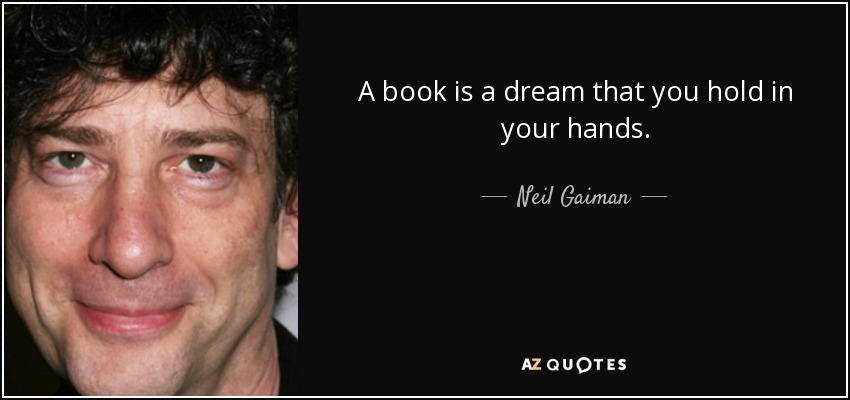
And I’m feeling really good about my future again — without him.
I won’t lie, I thought he was my "one."
My eyes still well up whenever anyone asks me how we are doing and I have to explain to them what happened. But, I no longer wake in the middle of the night in full-blown hot tears, red in the face and bawling into my pillow.
What happened? What could have possibly pushed him to make such a dramatic, relationship-ending choice?
Hint: January 6th. I never thought politics would have a role in my love life, but apparently, politics matter a lot these days. Huh, who’d have thought?
I always thought those in the military supported the office of the President, not the man sitting on the chair.
Bottom line: I was shocked when he shared his thoughts on the insurrection and was so offended by my response that he blocked me at that moment, and I have not heard from him since.
RELATED: 5 Powerful Steps To Heal A Broken Heart
How to turn off your emotions
1.
 Channel your hurt into clarity.
Channel your hurt into clarity.It sounds counter-productive to everything we're told about managing our emotions. But, just like touching a hot stove once in your life is a good lesson you never want to repeat, so is channeling your hurt into emotions with some teeth.
I was in denial for days. I could not believe that he would go completely dark in his communication. We had always agreed to both come to the table if a difficult conversation was necessary. I started to channel my hurt and disbelief into anger when I realized he was not going to step up to the plate and was instead running from it.
What kind of man does that? I was furious in an instant. He was behaving like a coward. And the reason for his behavior? Because I was shocked by his opinion. How childish.
Having shifted to anger, I no longer felt victimized and hurt.
I had learned my lesson.
If he was Lucy to my Charlie Brown trying to kick the football, he was not going to pull the ball out from under me ever again.
By channeling your hurt into productive thoughts, actions, and even distractions, you can take a step back from your emotions.
Relationship and Communication Coach Marilyn Sutherland advises, "It’s important for us to have tools that help us recognize when we are negatively triggered, and then have strategies to calm ourselves and our nervous system. To make an intelligent response, we need to get out of our head and use our senses to get present in our body and in the world."
Sutherland advises, "We can do some deep, slow breathing, or look at the sky or flowers, or listen for sounds. Then when we are calm enough and can think clearly, we can clarify why the person said what they said to understand, find out what triggered us and explore how we can respond from our best Self."
By giving yourself more of a wide-angle lens view of the situation, you give yourself a clearer picture and a more informed perspective.
2. Allow yourself to grieve.
When one thinks of grief, it's generally thought of in terms of death. While no one had died here, there's the death of a relationship and it's important to allow yourself to grieve for your loss.
While no one had died here, there's the death of a relationship and it's important to allow yourself to grieve for your loss.
This is a process that takes time. So, allow yourself to transition between the different stages.
While painful, it's an important part of the process to help you heal. And, while one might think this is counterintuitive to the act of turning off your emotions, remember that you can use this as an exercise in regulating and controlling your emotions.
Engage in mindfulness when you feel thoughts that may cause you grief looming ahead. Acknowledge them. Label them, and let them pass.
Of course, there's a time and a place for experiencing the grieving process.
Psychologist and life coach Patricia O'Gorman, Ph.D. explains that you are in control of "determining how best to express them. Sometimes it is better to express your feelings later, in your journal, or by speaking to a friend, or by doing a hard workout, rather than in the moment.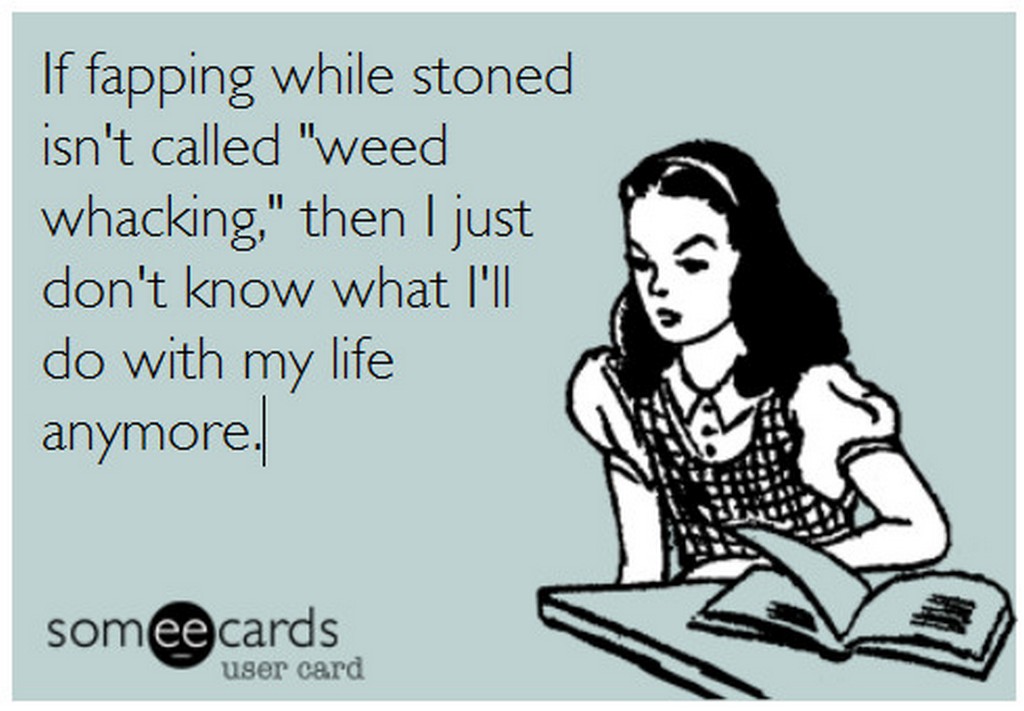
For example, when you're in the office, in class, at a party, or in another situation where you need to be able to put on a brave face and turn off your emotions to stop them from interfering with your behavior amongst peers, remember this: These painful feelings, while they may seem negative, are valid but not factual.
Try your best to stay away from any self-medicating measures, like misusing alcohol or other substances.
Know you will waffle between the stages for a while.
"Once we are not in reaction mode, we can talk to our boss and get feedback from them, asking questions to understand their point of view. We can also speak to one or more peers we trust who might have feedback for us," Sutherland adds.
This leads to the next step in shutting off your feelings for someone who has hurt you.
3. Tap into your empathy.
This means empathy for both you and the other person. It sounds crazy, but empathy is incredibly healing and powerful.
Start with empathy for yourself. You didn’t ask for this hurt, but by having self-compassion, you can stop asking why this happened to you and begin to see the wonderful being you are, all by yourself.
You didn’t ask for this hurt, but by having self-compassion, you can stop asking why this happened to you and begin to see the wonderful being you are, all by yourself.
Sometimes, it's hard to find empathy for this person who so hurt you, but there is a way. Imagine them as a young child. Really see them.
Imagine what they were like. See their innocence, their fears, hurt, dreams, and needs. By tapping into who they were as an innocent child, you will be able to empathize — and perhaps even forgive them one day for hurting you.
By doing this, you will be able to get over the most upsetting and negative emotions that you may feel are controlling you, so that you'll begin to feel a shift in balance and power to the point where you can better control your emotions.
While it's not required that you forgive someone to get past the hurt they caused you, being able to forgive yourself in the situation and give yourself grace and self-compassion is such a positive and empowering achievement in and of itself.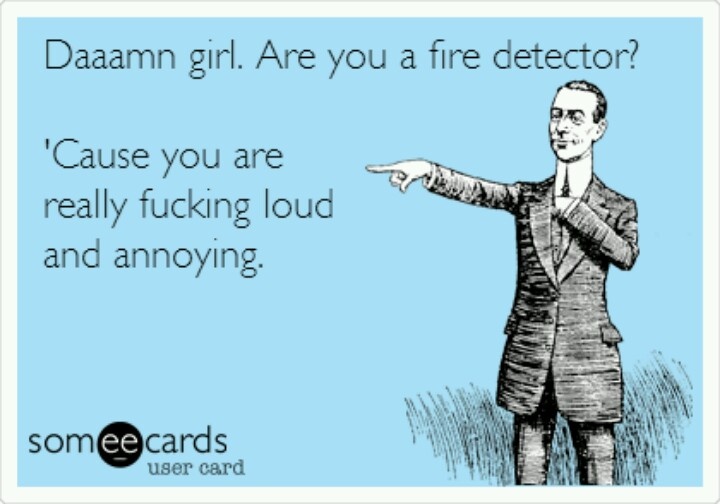
RELATED: 15 Men Reveal What They Do To Get Over Someone
4. Call in your inner circle.
Forget feeling embarrassed or ashamed that "you don't have it all together" right now.
Forget the shame you feel when you run into a friend you haven’t seen for six months who asks you, "How are you and your fella doing?"
Forget the need to rehash the entire story — again. It’s like re-opening a wound and rubbing salt in it, over and over again, and it forces you to go through all of those painful emotions — sometimes even retraumatize yourself — in the process.
This is when it’s time to call in the cavalry — your inner circle of closest friends, perhaps family too. They are the ones you need right now more than ever, especially because you can be yourself, messy emotions and all, with them and they will continue to stand by your side at the end of the day.
When life gets you down, it can kick you where it hurts on top of everything by showing you who your true friends are. Sometimes, that means someone in your circle will reveal they're only a fairweather friend. On the bright side, you can come out of this knowing who your real ride-or-die friends are.
Sometimes, that means someone in your circle will reveal they're only a fairweather friend. On the bright side, you can come out of this knowing who your real ride-or-die friends are.
Sutherland asserts, "It’s important we have people we can trust to check in with." Further, when considering all of the coping tools you know now, keep in mind that "These strategies are also valuable with friend and family reactions."
By taking stock of who's in your inner circle and leaning on them when you need them most, you're alleviating some of the painful, negative feelings that are too overwhelming to handle on your own and lightening your emotional load.
In turn, this will help you manage your emotions more effectively and make it easier to turn them off when you need to.
5. Remove the evidence.
Take a trip around your home — with someone from your inner circle in tow if needed — and remove all signs of the person who hurt you.
If we're talking about a boyfriend or husband, that means: that toothbrush by the sink and his favorite shampoo in the shower? In the trash. His favorite baseball cap? Goodwill.
His favorite baseball cap? Goodwill.
Former friend, a friend-turned-frenemy? Lift that framed photo of you two from senior year when you were at beach week together off the wall and get rid of it. That pink satin robe with 'Bridesmaid' embroidered on the back and your initials monogrammed on the front? There are plenty of very affordable satin robes you can buy online and have delivered to your home to replace it in no time — and they're cute.
While I’ve never participated in a ritualistic burning of an ex's stuff, I do hear from others that having a ceremonial burning of all his "stuff" can be very cathartic.
The thing is, if you have constant reminders around to trigger thoughts of the person who hurt you, it's like having an emotional minefield in your own space where you need to feel most comfortable and at peace.
Even if the person who hurt you isn't someone you plan on banning from your life forever, pack up their things and put them in a place where you won't see them, like the attic, a storage closet, or you could even ask your friend or sister if they didn't mind stashing them in a drawer somewhere for a while — or disposing of them once and for all if you can't bring yourself to do it on your own.
Shutting out reminders of them is another step toward shutting off your feelings about them (and the situation), which is another step to keep you moving forward. Soon enough, you'll find that they're literally out of sight, out of mind.
6. Get back out there.
This is a tough one, but probably one of the most important steps to take, especially if you're healing from a breakup.
Be it going out with friends to a favorite hangout or dipping your toe into the online dating world, getting back out there will help you heal.
Be honest about your experience when you do meet someone new.
Related Stories From YourTango:
Relationships Grow Stronger For 4 Zodiac Signs During The March 26 - April 1, 2023 Weekly Horoscope
3 Zodiac Signs Find Out Who Loves Them On March 23, 2023
3 Zodiac Signs Find 'Luck And Love' On March 23, 2023
I did all of the above to heal. Like I said in the beginning, I still get choked up but love isn’t enough and I deserve to be treated better than I was, which keeps me strong. I’m also extremely clear on my values and what is important for me to have in my life now.
I’m also extremely clear on my values and what is important for me to have in my life now.
I’ve been speaking to a really terrific guy for about six weeks now. As with any new relationship, we both asked how long we’d each been single. In that very first conversation, I told him exactly what happened. I didn’t hold back. It was hard but the need to have transparency in both my conversations and my relationships is a high value for me.
By being honest, I laid a foundation of honesty for us to build on. And this new guy really appreciated that I was so honest about it.
Not going through a breakup situation? This step still applies. Eventually, you will need to be able to make yourself emotionally vulnerable again. It's about being the you this experience has transformed you into becoming, because we are always evolving and growing.
RELATED: Instantly Reduce Stress With This Simple, 1-Minute Exercise
When is it not healthy to turn off your emotions?
You cannot go through life forever with your emotions turned off. That is a fact of life because it's simply not healthy.
That is a fact of life because it's simply not healthy.
Being emotionally numb on a constant basis causes you to lose out on the best and happiest experiences life has to offer, so you need to choose carefully when considering your options about how to respond to emotionally overwhelming situations.
Remember that turning off negative emotions makes it more difficult to enjoy positive ones.
But it makes sense to try to put your emotions on mute, or at least put them aside, when facing a big decision, a situation that's out of your control (especially one that evokes anxiety), or in situations where you need to be "on" for the people you're around (e.g., you're about to give a speech at a work function or your best friend's wedding).
Over time, your wisdom, emotional maturity, and resilience will grow — not despite negative circumstances, but because of them. Gorman assures us that "Thinking about how you want to react is using more of your brain to determine the best response for you for this situation. Doing this is not 'turning off your feelings' but considering what is the best way for you to express your feelings. Remember reasoning is also part of our survival mechanisms."
Doing this is not 'turning off your feelings' but considering what is the best way for you to express your feelings. Remember reasoning is also part of our survival mechanisms."
The beauty of getting through experiences such as these is that they reinforce just how emotionally resilient you are.
Gorman adds, "This doesn’t mean you never address the situation and how you feel about it, rather it is about choosing how you want to handle it, instead of feeling ruled by your feelings in the moment. Remember how you feel is only part of who you are, your reasoning is another part of who you are. When used together you are empowered."
So — yes. In the end, shutting off your feelings for someone you love that has hurt you is possible — and healthy.
Sutherland brings everything back full circle when she reminds us, "Then we can see that what happened is a gift, even if was hurtful in the moment, and reframe the experience so it supports us it’s a gift."
Just remember, it's not time that heals all wounds when someone you love hurts you — it's you.
RELATED: 10 Strange Emotions You've Probably Experienced (But Didn't Have A Name For)
More for You:
Rachelle Stone is a burnout prevention coach, certified life coach, and the founder of R Stone Consulting.
turn off your emotions meme
-
Bunny Meme Turn off your emotionsتحميل
تشغيل
-
Turn off your emotions Meme Gacha Life By Hiko Mp5تحميل
تشغيل
-
Meme Turn off your emotionsتحميل
تشغيل
-
νMEMEv turn off your emotions Gacha Clubتحميل
تشغيل
-
Turn off your emotions gachalife trendتحميل
تشغيل
-
Naruto Meme Turn off your feelings FemNarutoتحميل
تشغيل
-
Turn off your emotions Meme Narutoتحميل
تشغيل
-
Turn off your emotions Meme Ink Sansتحميل
تشغيل
-
Meme turn off your emotions Gachaclub Meme Shortsتحميل
تشغيل
-
Meme Turn off your emotions Gacha Clubتحميل
تشغيل
-
Turn off your emotions Memeتحميل
تشغيل
-
Turn off your emotions Memeتحميل
تشغيل
-
Gacha Life Meme Turn off your emotionsتحميل
تشغيل
-
meme turn off your emotionsتحميل
تشغيل
-
Turn off your emotions Meme 13 cardsتحميل
تشغيل
-
Meme turn off your emotionsتحميل
تشغيل
-
Meme Turn off your emotionsتحميل
تشغيل
-
TURN OFF YOUR EMOTIONS Memeتحميل
تشغيل
-
Meme turn off your emotions 13 cards Land of Kings Not orig Kuro Umbrella Peak Waruتحميل
تشغيل
-
Turn off your emotions Memeتحميل
تشغيل
The toxic positivity trap: what it is and how to get out of it
- Lucia Blasco
- BBC News Mundo
Image copyright, Getty Images
Image caption,Do you hide "negative" emotions?
Do you ever feel that you have to hide your negative emotions? As if you are forced around the clock and at any cost to maintain the image of a "happy person"?
It may sound counterintuitive, but being positive can be toxic.
"Everything of value in life is achieved through overcoming the accompanying negative experience," says American writer and personal development consultant Mark Manson.
- Optimism 2020: stories that helped us not to lose heart in the year of the pandemic
- "No strength to live": the pandemic has dramatically increased the demand for psychological help in Russia
- When home is a prison, and the coronavirus does not make sense. How People with Mental Disorders Experience Isolation
"Any attempt to avoid negativity, suppress it or silence it, results in a backlash. Avoiding suffering is a form of suffering. Denying failure is failure," he continues.
But toxic positivity requires you to do just that - force yourself to pretend to be optimistic and drown out negative emotions, no matter how false your optimism may be.
Psychologist Antonio Rodellar, a specialist in anxiety disorders and clinical hypnosis, says that negative emotions (the psychologist prefers to call them "unregulated") need to be recognized.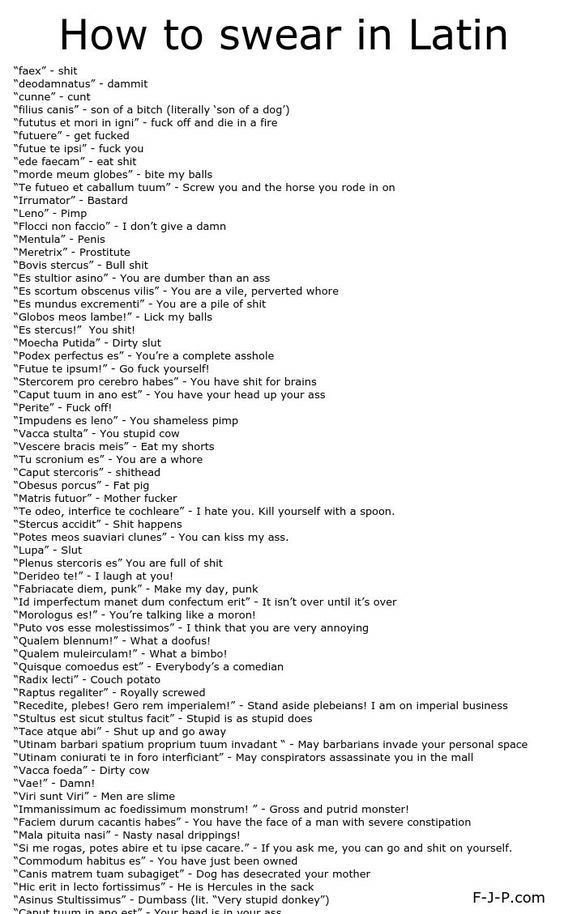
"The palette of emotions includes unregulated feelings such as sadness, disappointment, anger, anxiety or envy," he recalls.
"We can't ignore the fact that as humans we have a whole range of these emotions that are useful and give us information about what's going on around us and in our bodies. We can't ignore them," adds Rodellar.
British therapist, psychologist and author Sally Baker agrees: "The problem with toxic positivity is that it requires us to shut out some of the wide range of emotions we may experience in a difficult situation."
Image copyright, Getty Images
Image caption,Accepting our emotions makes us stronger, says Sally Baker
"If you allow yourself to experience only positive emotions, you are lying to yourself," she says.
"When you're in a difficult situation, suppressing all the 'negative' feelings that come up will exhaust you. And worse, you won't be able to build up resilience to them," says Baker.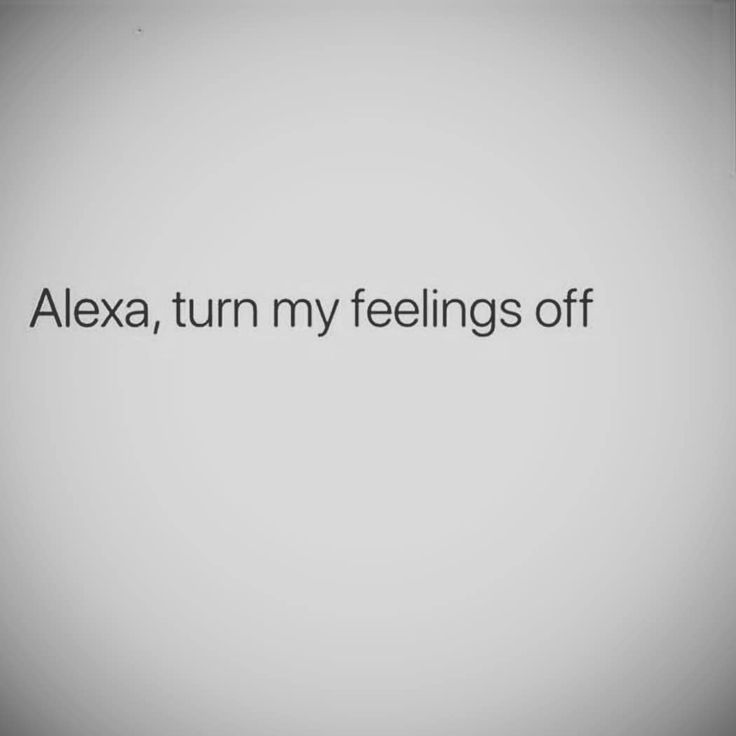
"It isolates us from ourselves, from our true emotions. We hide behind positivity so that people don't see us in a bad light," she sums up.
Positive - ordinary and toxic
To understand what toxic positivity is, we must distinguish it from positive thinking. It sounds similar, but they are completely different things.
"Positive thinking was popularized by psychologist Martin Seligman, who studied depression. He found a new approach to a number of problems, situations and pathologies," says Rodellar.
In the 1990s, Seligman, then President of the American Psychological Association, told a conference that psychology should take a new step in the scientific study of everything that makes people happy.
- "The virus gets into your head." How depression and other problems catch up with those who have recovered from covid
- How to survive the covid winter and not succumb to despondency: five simple tips
- The tyranny of time.
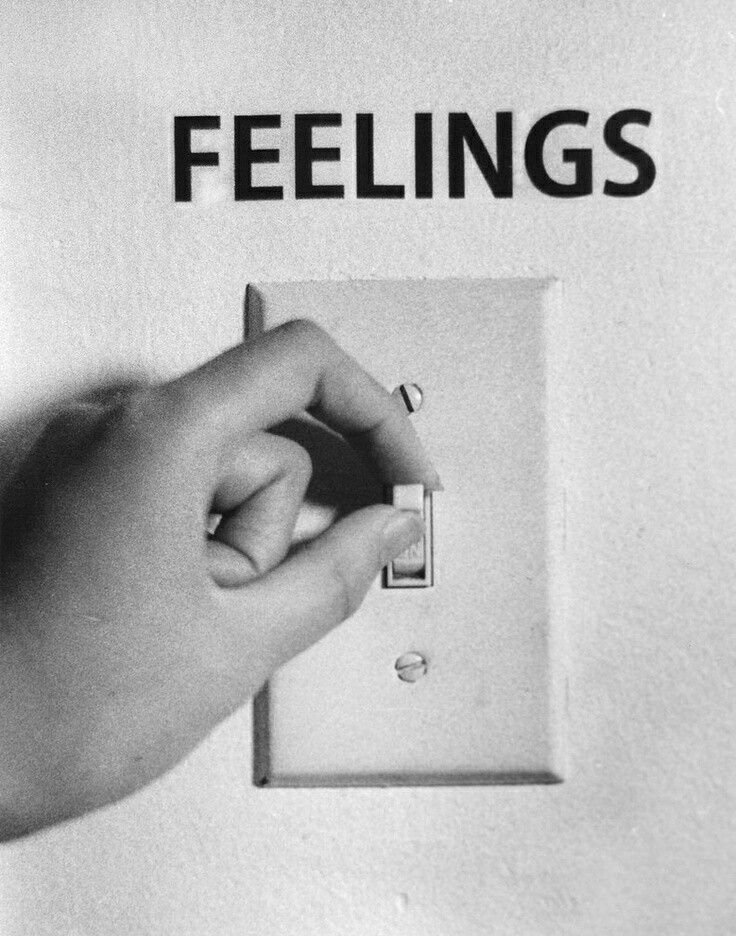 How to turn off the ticking clock in my head?
How to turn off the ticking clock in my head?
In his famous 1995 book The Optimistic Child, an American psychologist explained that people are not born pessimists, but become pessimists because of their life experiences. He argues that we can combat this pessimism and transform our negative thoughts into more positive ones.
Excellent! So if I'm sad, all I have to do is focus on being happy, right? Not certainly in that way. This would be the short cut into the toxic positivity trap.
Negative emotions cannot be ignored - you must first recognize and accept them.
The trick is to moderate your positivism and avoid extremes.
Image copyright Getty Images
Image captionYou won't always feel good, and that's okay
"Positive psychology has become distorted over time," says Rodellar. decrease in the ability to withstand negative situations, "says the psychologist.
"Properly applied positive thinking is very useful, but it inevitably creates a fragmented perception of reality and a sense of helplessness.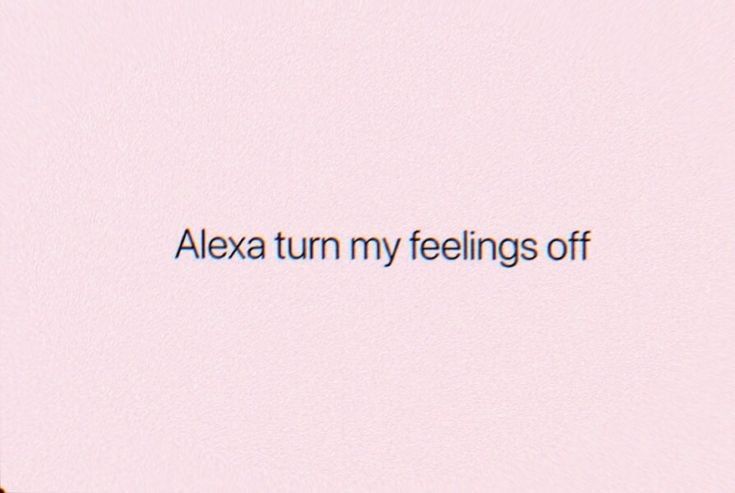 Denying harmful and painful situations is like looking at the world with one eye," says Rodellar.
Denying harmful and painful situations is like looking at the world with one eye," says Rodellar.
How to know that you are trapped in toxic positivity
- You are hiding or masking your true feelings.
- You are trying to "not dwell" on the problem by ignoring your emotions.
- You feel guilty about how you feel.
- You try to minimize the negative experience of others by saying things that make you feel good.
- You are trying to rationalize the situation ("it could have been worse") instead of acknowledging your emotional experience.
- You shame or point the finger at others if they express disappointment or other "negative" feelings.
- You ignore what's bothering you ("as it is, as it is").
Source and : Tamara Quintero (Trauma, Hypnotherapy and Personal Growth Specialist) , Jamie Long (Relationships Specialist, Eating Disorders and Anxiety 2. 9043) 9043)
9043) 9043)
How does this affect us?
Skip the Podcast and continue reading.
Podcast
What was that?
We quickly, simply and clearly explain what happened, why it's important and what's next.
episodes
End of Story Podcast
Suppressing or ignoring "negative" emotions can be bad for your health.
"All the emotions we repress are somatized [psychological stress manifests as physical symptoms] and manifest through the body, often as a disease. When we deny an emotion, it finds another way out," says Rodellar.
Baker agrees: "Suppression of emotions affects your health. If you hide your problems behind a façade of toxic positivity, they will show up in your body in alternative ways, from skin problems to irritable bowel syndrome.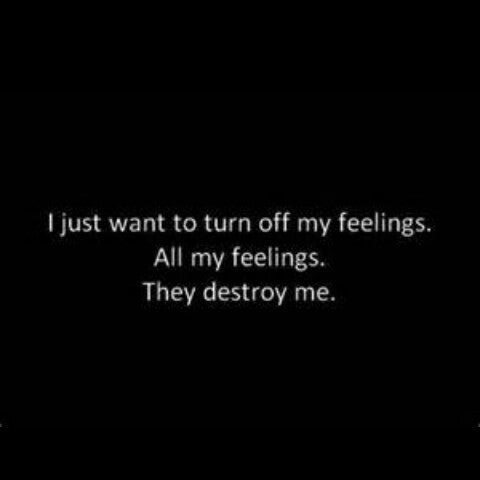 "
"
"When we ignore our negative emotions, our body tries to draw attention to the problem. Suppression of emotions exhausts us physically and psychologically. It's unhealthy and doesn't work in the long run," says the therapist.
Another consequence, says Rodellar, is that "when we focus only on positive emotions, we get more naive, infantile versions of situations that happen to us in life, and we become more vulnerable in difficult moments."
Image copyright, Getty Images
Image caption,Are you honest with yourself?
Teresa Gutierrez, an expert in psychopedagogy and neuropsychology, believes that toxic positivity "has more serious psychological and psychiatric consequences than depression."
"The world of emotions is devirtualizing, and this can lead to the fact that a person does not live a real life - this affects our mental health. This amount of positive is harmful for everyone. If there are no disappointments and failures, we will not learn to develop in our lives", she says.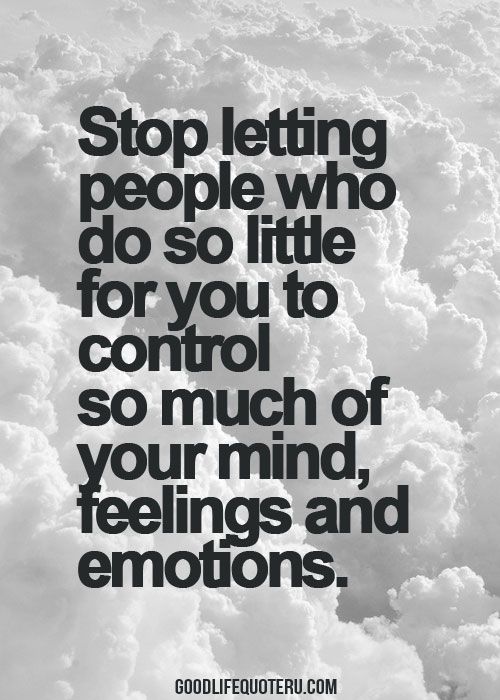
If you're not okay, it's okay
Is toxic positivity in fashion? Baker believes so, and attributes this to the proliferation of social media "which forces us to compare our lives with other ideal lives that we see on the Internet."
"There's a constant trend on social media to show the most perfect version of yourself, it's exhausting and it's not real," says Baker.
"If we were more honest, we would feel free to experience any emotion. We are human, we should allow ourselves to experience the full range of emotions. It's okay if you're not okay. We can't be positive all the time." she supposes.
Gutierrez believes that "in recent years" toxic positivity has become more common, especially during a pandemic.
"We are living in atypical and strange times, many people are suffering. Anxiety, uncertainty, frustration, fear... These are all normal feelings. But we get too carried away with toxic positivity, and this is dangerous," she says.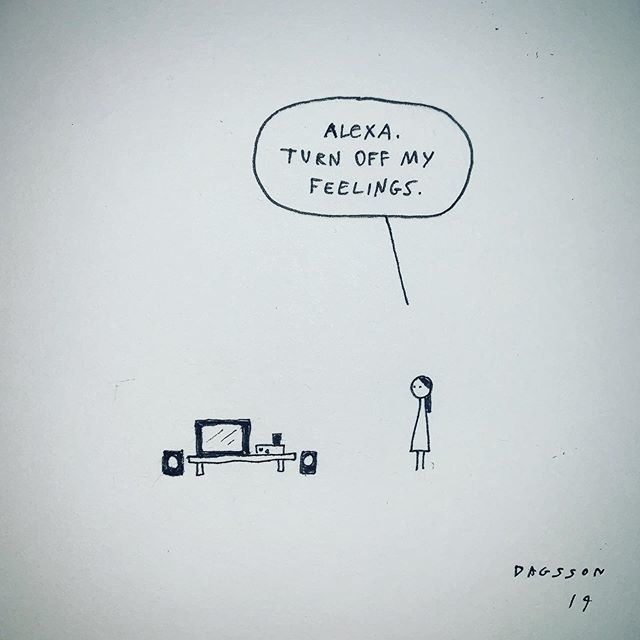
Image copyright, Getty Images
Image caption,"Everything will be fine" is a nice thought, but not very valuable advice it is a right given to them by nature."
"It's nice to think that everything will be fine. But this does not mean that the process of achieving the goal should be pleasantly easy. It's more realistic to say to yourself "this will pass" when you have a difficult period in your life," says the psychologist.
"Emotions are like waves: they accelerate, gaining strength, and slow down, becoming foam and disappearing. Problems begin when we do not want to feel what we feel, then we lose resistance to the next wave," Rodellar explains.
Recognize and not ignore
Psychologists consulted by the BBC agree that the ideal is to embrace all emotions without suppressing the ones we don't like.
Image copyright, Getty Images
Image caption, We always "should" feel good, but it's unhealthy pressure moment, even if we are uncomfortable.
"Be more honest with yourself, don't be afraid to say that you are sad, that you are depressed, that you are worried. It is important to recognize when you feel bad and understand that this is happening and will continue to happen," says Baker. "Just live your emotions and learn from them to become more resilient" (this advice will not work for those suffering from clinical depression, clinical depression can worsen without treatment).
University of Michigan psychology professor Stephanie Preston says the best way to test your emotions is "just to listen to them."
"When someone shares negative feelings with you, don't rush to encourage them or try to get them to think positively by saying 'everything will be fine'. Instead, try to think about what is bothering or scaring them. Try to listen," - advises the expert.
"To be emotionally disturbed is already isolation, and when people try to drown out these feelings, especially if they are your family and friends, it hurts a lot.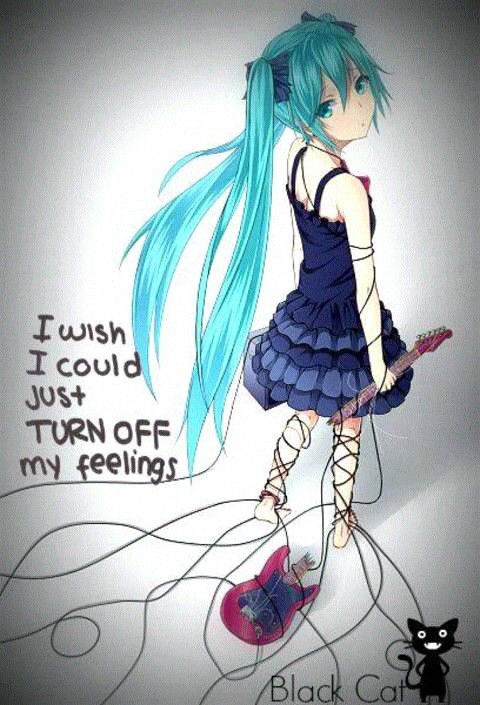 Listening to someone who is hurting can lead to big changes in their lives " says Preston.
Listening to someone who is hurting can lead to big changes in their lives " says Preston.
You may find it useful too. There is evidence that being altruistic is good for your health, Preston notes.
Image copyright, Getty Images
Image caption,Listening to a friend is more important than trying to encourage them
What if you feel down?
"The most important thing is to practice mindfulness," says Rodellar.
"Acknowledge the situation and your feelings. Don't deny that something is wrong, don't look the other way, and at the same time don't dwell on negative emotions," adds the psychologist.
"Emotions are information that we need to read and understand in order to better look at the situation and see what lessons can be learned from it, what can be changed in the future," says Rodellar.
How to put this advice into practice? Here are typical phrases characteristic of the toxic positivity paradigm and alternatives to them.